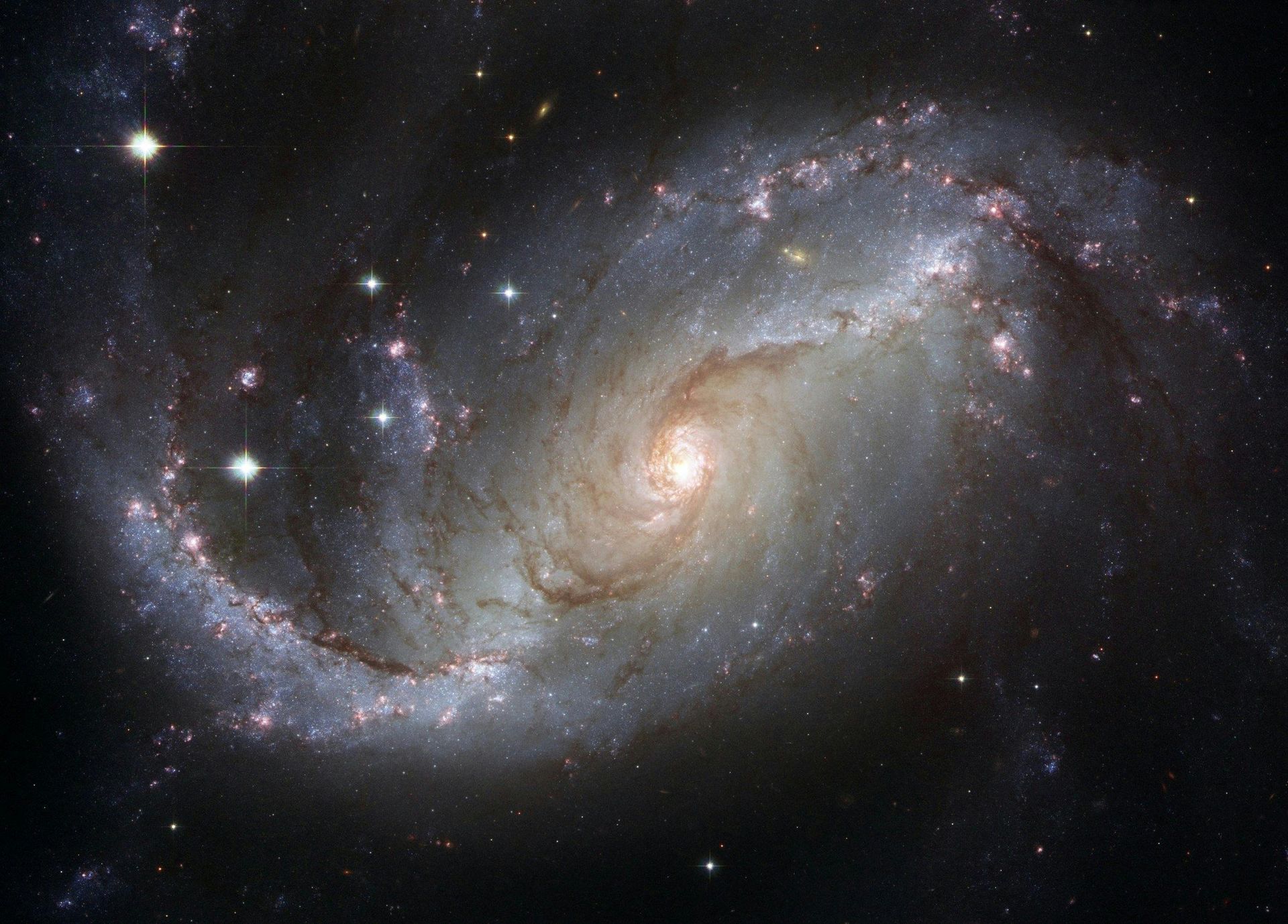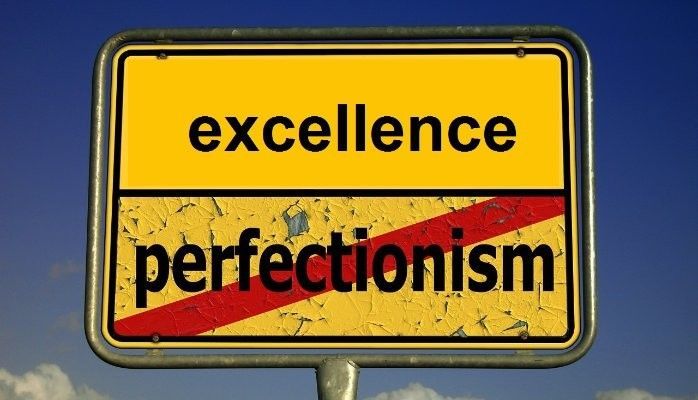The Science of Religion: Uniting Faith and Reason in a Modern World
Albert Einstein once pondered, "What is the meaning of human life, or, for that matter, of the life of any creature? To know an answer to this question means to be religious." This profound statement invites us to explore the complex relationship between science and religion—two realms often perceived as conflicting, yet potentially complementary in our quest for understanding.
The Shifting Landscape of Belief
In recent decades, we've witnessed a significant decline in religious observance, particularly in Western societies. The Pew Research Center reports a stark drop in Christian affiliation in the United States, from 77% in 2009 to 65% in 2019. Concurrently, those identifying as religiously unaffiliated—the "nones"—have risen from 17% to 26%.
This trend has led some to proclaim the "death of religion," suggesting that scientific advancement diminishes the need for religious belief. However, this perspective oversimplifies a nuanced reality. Einstein himself argued, "Science without religion is lame, religion without science is blind," suggesting that these two pursuits might be more complementary than contradictory.
The Unintended Consequences of Secular Shift
As traditional religious participation has waned, we've observed troubling increases in reported loneliness, depression, and suicide rates. The Centers for Disease Control and Prevention (CDC) notes a 33% rise in U.S. suicide rates from 1999 to 2019. Nearly half of American adults report feelings of loneliness, and the World Health Organization (WHO) identifies depression as the leading cause of disability worldwide.
These correlations prompt us to consider the role of community and shared belief systems in mental health. Historically, religion has provided a sense of belonging, purpose, and communal support. Its decline coincides with a societal shift towards individualism—a change that has brought material wealth but at what cost to our collective well-being?
The Illusion of Separation
We find ourselves in an era that often views the individual as separate from the collective. Einstein astutely observed: "A human being is a part of the whole, called by us 'Universe,' a part limited in time and space. He experiences himself, his thoughts and feelings as something separate from the rest—a kind of optical delusion of his consciousness."
This insight echoes ancient wisdom. Lao Tzu wrote, "Watch the turmoil of beings, but contemplate their return. Each separate being in the universe returns to the common source." Similarly, Marcus Aurelius reflected on humanity's small place in the vastness of existence. These perspectives underscore the importance of recognizing our interconnectedness.
Redefining Religion in a Scientific Age
It wasn't science that rendered religion obsolete, but rather a widespread misunderstanding of religion's essence. At its core, religion is not about dogma or blind faith, but about seeking a deeper understanding of our place in the universe and our relationship with each other. While science provides tools to explore the physical world, religion offers frameworks for grappling with metaphysical and moral questions.
Einstein's reflections highlight the need for both scientific inquiry and religious wisdom to navigate life's complexities. Science can explain how the universe functions, but religion often addresses why it exists at all. By integrating these perspectives, we can cultivate a more holistic understanding of existence.
Moving Forward: Reconnecting with Community and Purpose
To address the rising rates of loneliness, depression, and suicide, we must reconsider the communal and existential aspects that religion traditionally fulfilled. This doesn't necessarily mean reverting to organized religion as it once was, but rather reviving the sense of community, purpose, and shared values that can provide much-needed social and emotional support.
As we progress, it's crucial to foster environments where science and religion can coexist and inform one another. By acknowledging our interconnectedness and seeking meaning beyond material wealth, we can create a society that values not just individual success, but the collective well-being of humanity.
Science and religion, far from being incompatible, together offer a richer tapestry of understanding. This integrated perspective can guide us toward a more meaningful and connected life, addressing the existential challenges of our time while embracing the insights of both scientific inquiry and spiritual wisdom.











